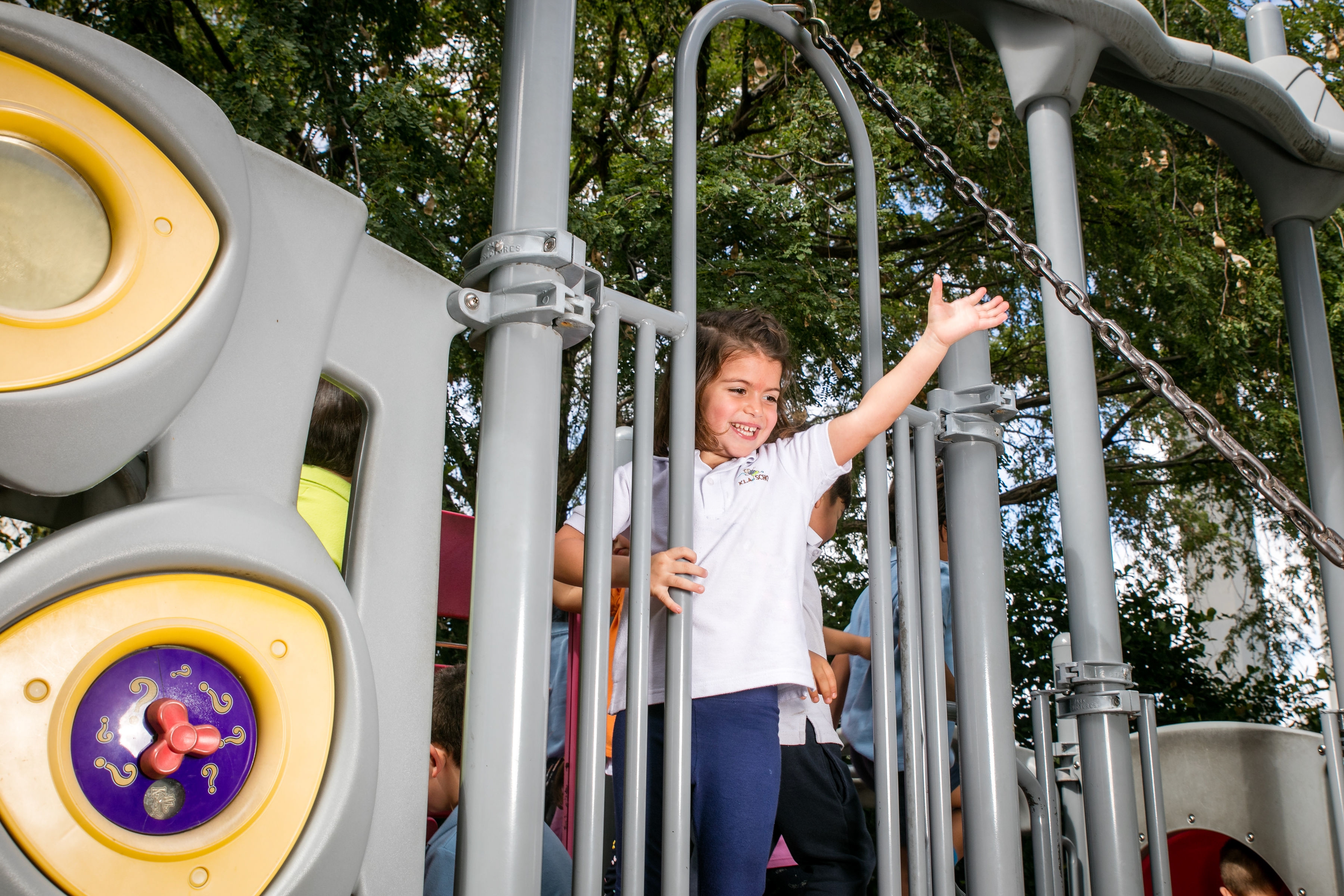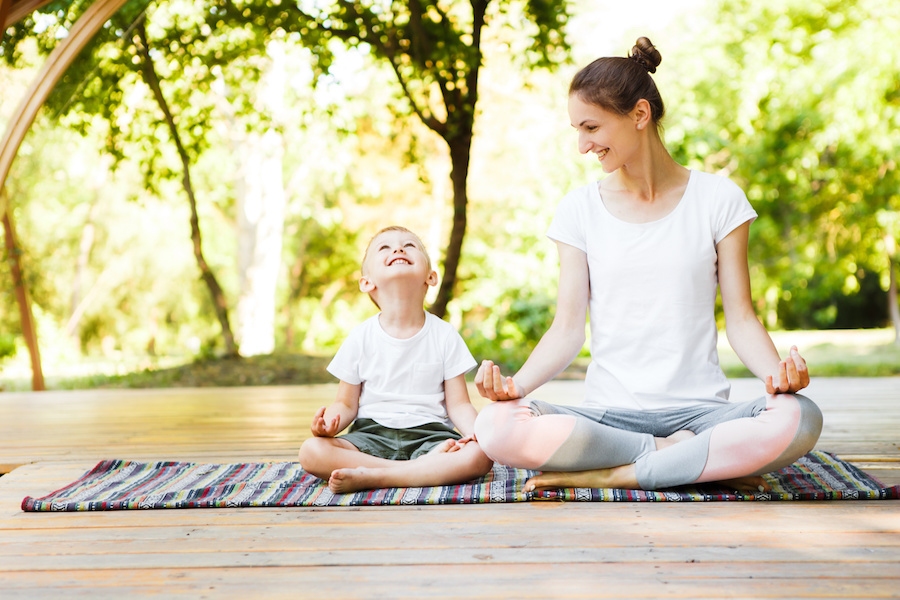How Meditation Helps Children
The popularity of meditation is increasing in adults, as people learn about the benefits it can have on their mood, productivity, and focus. However, the benefits of mediation for children are impressive as well. Here are some ways that meditation helps children.
Improved attention and behavior
During a six-week study that consisted of in-clinic sessions twice a week and regular meditation at home, improvements in children’s ADHD behavior, self-esteem, and relationships were reported. Other mindfulness and meditation studies have shown improvements in concentration, and a reduction in hyperactivity. A study of the effects of meditation in preschoolers showed an improvement in memory and planning skills. By helping to teach your child how to direct their attention to one thing at a time, meditation can help them to feel better able to focus.
Reduced stress and improved mental health
Research on meditation in children has shown that it can help to reduce symptoms of anxiety, and results in them feeling happier and more relaxed. While certain mental health issues cannot rely on meditation alone, it can be a useful strategy for your child to help regulate their stress levels, reduce their anxiety, and regulate their emotions.
Greater empathy and self-awareness
If you’ve ever meditated yourself, you know that it can be a great way to help you be aware of your thought processes and reactions. This improvement in self-awareness is possible in children as well. Meditation can help children understand which of their thoughts and emotions are more prevalent, and gives them the power to choose which ones to deal with. As a result, they feel more secure and stable, which can be a stepping stone to greater empathy. When a child has a strong self-image and is able to understand why they act the way they do, they’re better able to feel compassion for others.
Better physical health
While it may not seem obvious, meditation and mindfulness can have beneficial effects on a child’s physical health. Meditation calms the nervous system and decreases stress. Research has also shown that meditation has positive effects on high blood pressure, obesity, headaches, and gastrointestinal symptoms.
There are many age-appropriate ways to help your child get started with meditation. First, create a designated space in your home that’s comfortable and free of distractions. Encourage your child to do some deep breathing with you, and ask them to visualize a balloon filling up with air slowly, and then releasing that air just as slowly. You can also ask them to visualize a relaxing activity, such as lying in a hammock on a lazy summer day. If your child’s awareness wanders, gently bring them back to the visualization, but don’t force them to participate. Walking or standing meditations are also possible if your child is having trouble sitting still.
For preschoolers, you can try meditation for a few minutes per day, moving up to 10 minutes twice per day for school-age children. Because meditation can be very relaxing, many families like to introduce it to their children as part of their bedtime routine.

